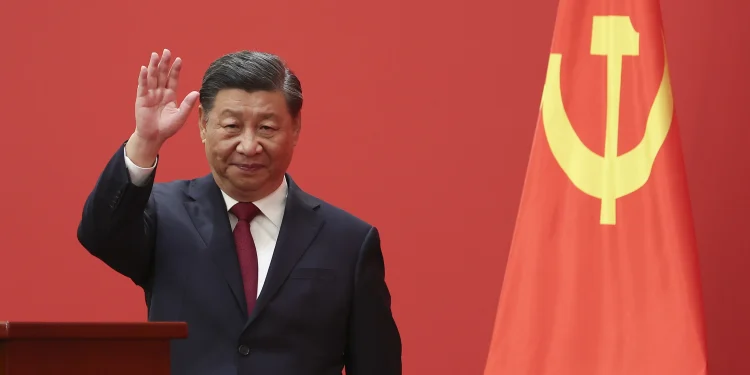China has introduced new regulations targeting social media influencers who discuss important topics like finance, medicine, law, and education. Starting now, influencers must hold verified university degrees to share their insights on these subjects. This crackdown aims to ensure that the information reaching the public is accurate and trustworthy.
Popular platforms like Douyin, Weibo, and Bilibili will now be required to verify influencers’ credentials. If they fail to meet the requirements, they could face fines of up to ¥100,000. This initiative comes in response to rising concerns about unqualified individuals spreading misleading information, with nearly 30% of users reporting confusion over the credibility of certain influencers.
The new rules position social media platforms as gatekeepers of information, as they will be responsible for suspending accounts and removing content that doesn’t comply with the new standards. The policy has been characterized as “Not Verified? Not Welcome!”—a clear message that the government is serious about maintaining the integrity of online discourse.
Critics argue that these regulations could stifle creativity and limit voices in the digital landscape. However, supporters believe it’s a necessary step to protect consumers from potential scams and misinformation. As China continues to refine its approach to social media, the impact on influencers and their followers remains to be seen.
With the digital world evolving rapidly, will influencers adapt to these new rules, or will we see a shift in how information is shared online? Only time will tell.




















































